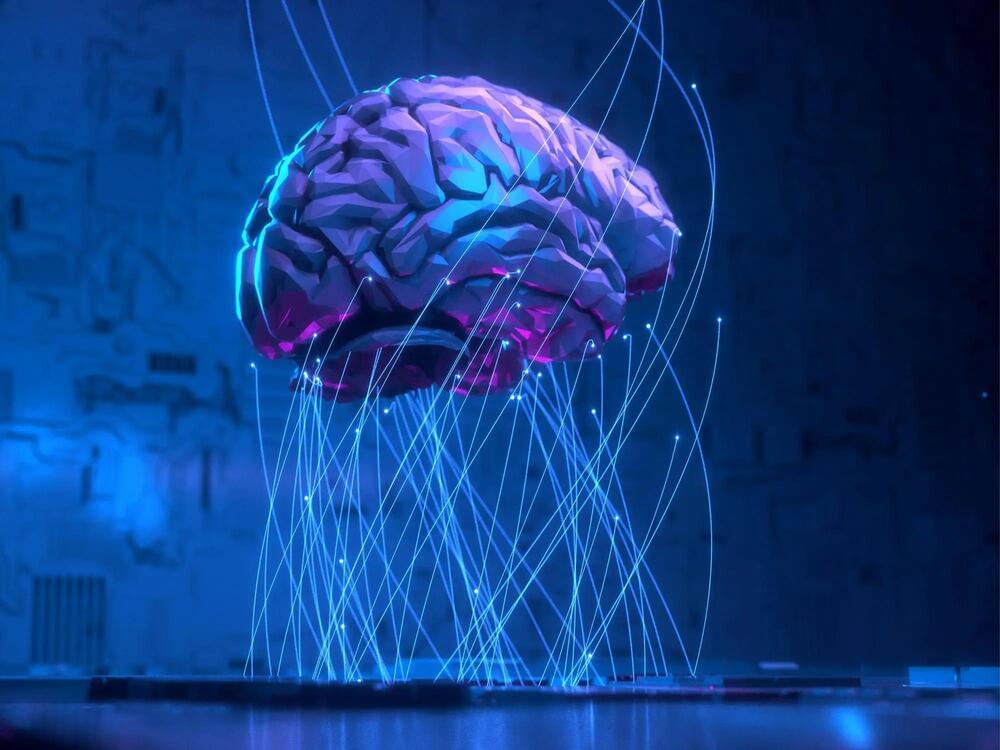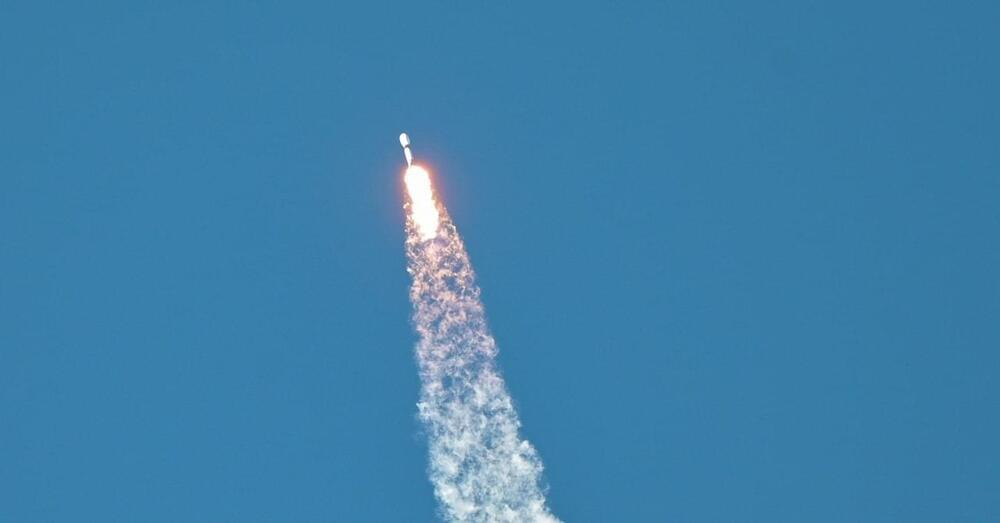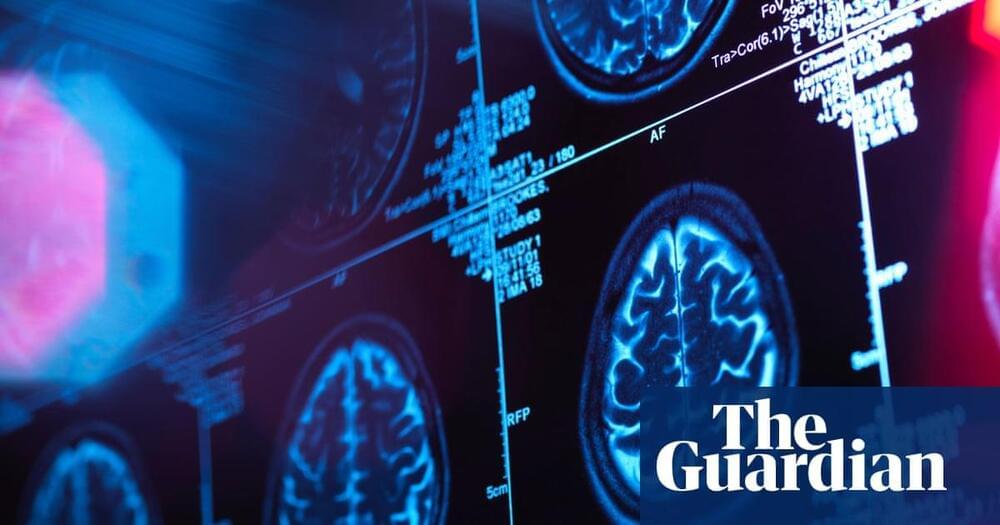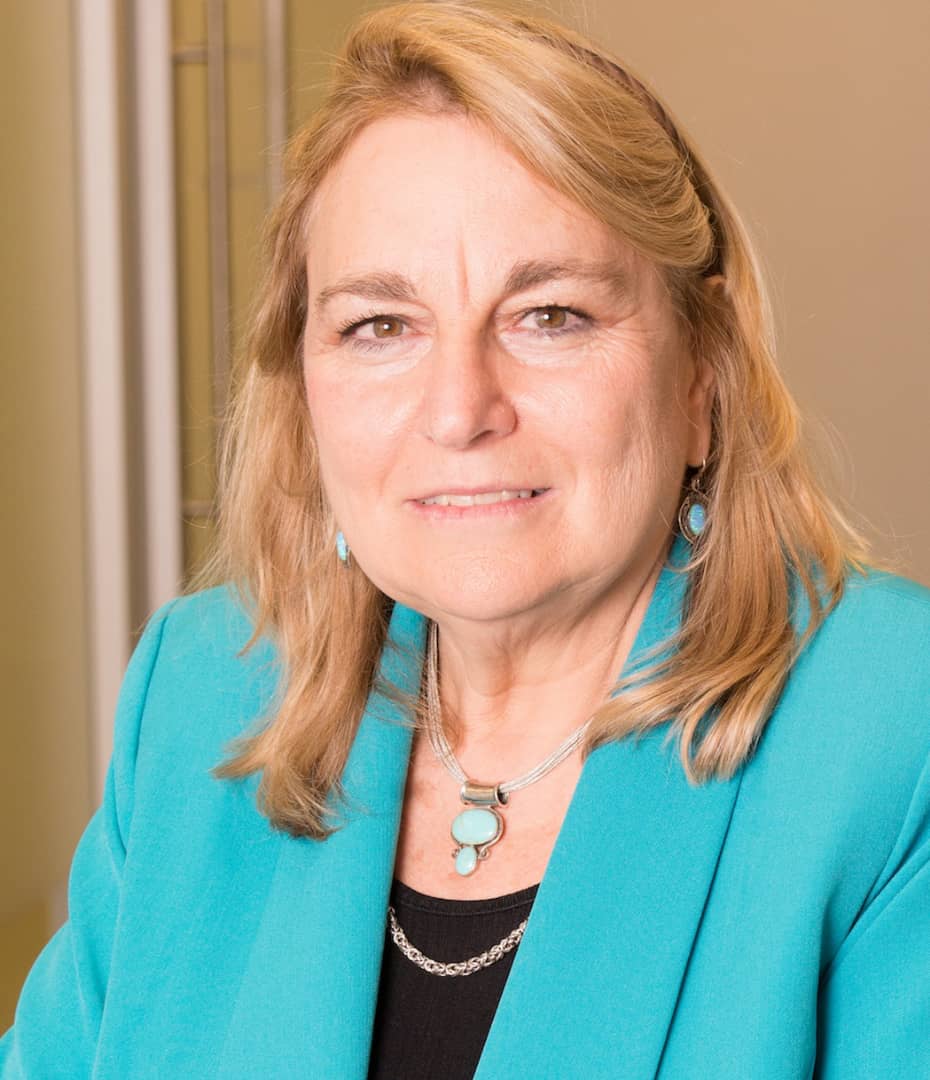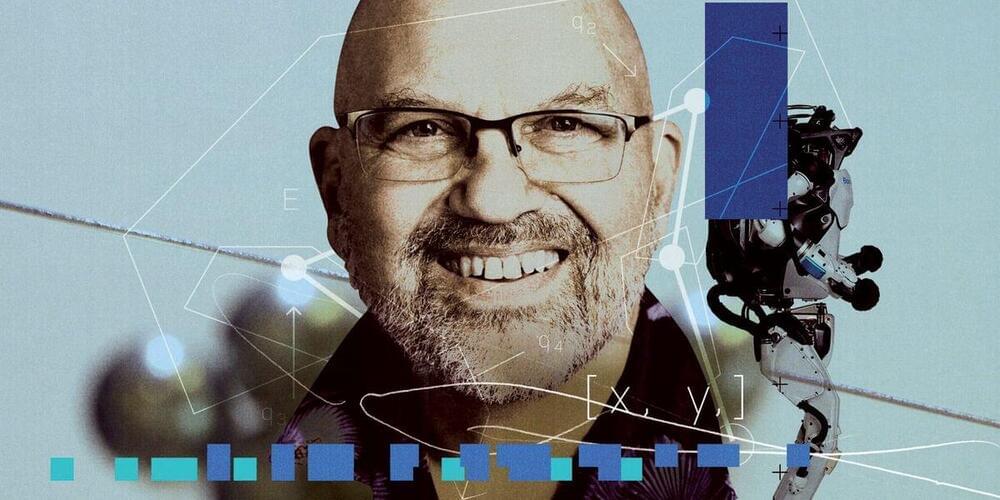A team of mechanical engineers from Chung-Ang University, Massachusetts General Hospital, LS Materials and Yonsei University has found that a hand-held cylinder containing crumpled aluminum foil balls is capable of producing enough electricity when shaken to light a small LED grid. In their paper published in the journal Advanced Science, the group describes other materials used in the cylinder and possible uses for such a device.
Prior research has shown that a wide variety of materials can be used to generate static electricity, and that some constructions can capture that electricity. Researchers have suggested such devices could be useful as the power needs of personal electronics decrease. In this new effort, the researchers have looked to aluminum foil as a material for generating static electricity and capturing it to power an external device.
The device the team built is shaped as a cylinder with a cap on the top and bottom—about the size of a Pringle’s can. The tube was made using an acrylic substrate covered with a polytetrafluoroethylene layer. The caps, which serve as electrodes, were made of aluminum. The team then crumpled three wads of aluminum foil into balls and placed them inside the tube.
